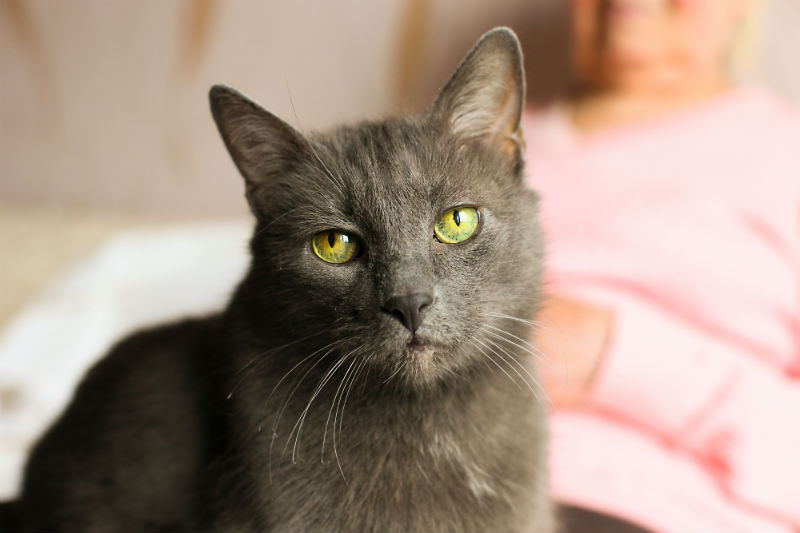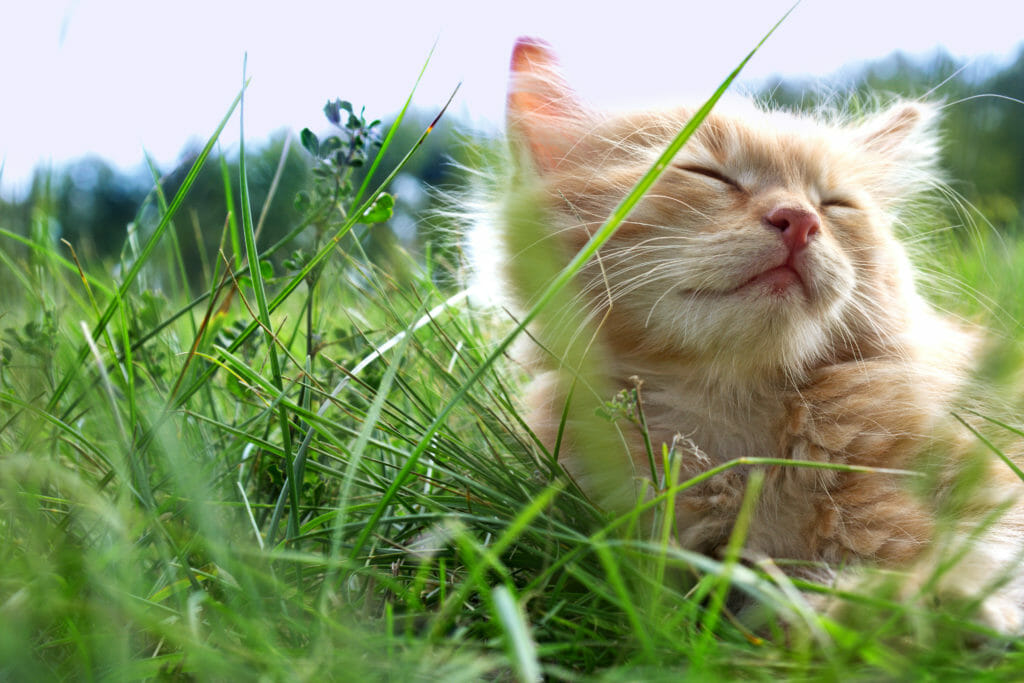“He’s just slowing down” is something that we often hear in veterinary medicine. Often, cats will come in for annual wellness exams with symptoms that may seem like they are just ‘ageing,’ when in reality, these can be symptoms of illness. Cats, unlike dogs, aren’t as likely to show outward signs of pain or discomfort.
Some of the early signs or symptoms could include; increased thirst or urination, increased sleeping, mobility issues when jumping up on surfaces, noticeable weight loss, inappropriate urination and night howling. Many of these symptoms are signs of early/end-stage kidney disease, hyperthyroidism, diabetes, dental disease, arthritis, cognitive dysfunction (senility) and heart disease. Sometimes, senior cats can even have multiple illnesses at once.
It is important to bring your cat in for annual wellness exams to determine if they are experiencing any of these symptoms. We recommend senior wellness blood panels annually to monitor your cat’s internal organ function, complete blood count, and hydration status. When blood testing is done preemptively, we are able to manage serious illnesses like hyperthyroidism and kidney disease with medications and special diets. Most cats will start showing signs of early-stage kidney disease or hyperthyroidism as early as ten years of age.
Cats are very fluid moving animals. They move with grace and ease. When cats become older, they can start to develop arthritis. They may find it difficult to jump up on high surfaces like they could before. You may notice that your cat now needs to claw up the bed to get up or jump from multiple different surfaces to get into the window. There are special mobility support diets and supplements that can help lubricate your cat’s joints. When there is known arthritis, your veterinarian may recommend a daily medication or an injection for joint support and pain control. These medications are used regularly in dogs and cats to help with pain and inflammation of the joints. There are many other steps to make your home more comfortable for your cat such as; stairs up to the bed, elevated food/water bowls, and lower/larger litter boxes.
In conclusion, there are many ways to add to your cats quality of life while they are ageing. Book your cat’s senior wellness exam today, to discuss ways to make their life a little easier for them!
Written by Ashley Brimicombe, Out Patient Assistant




